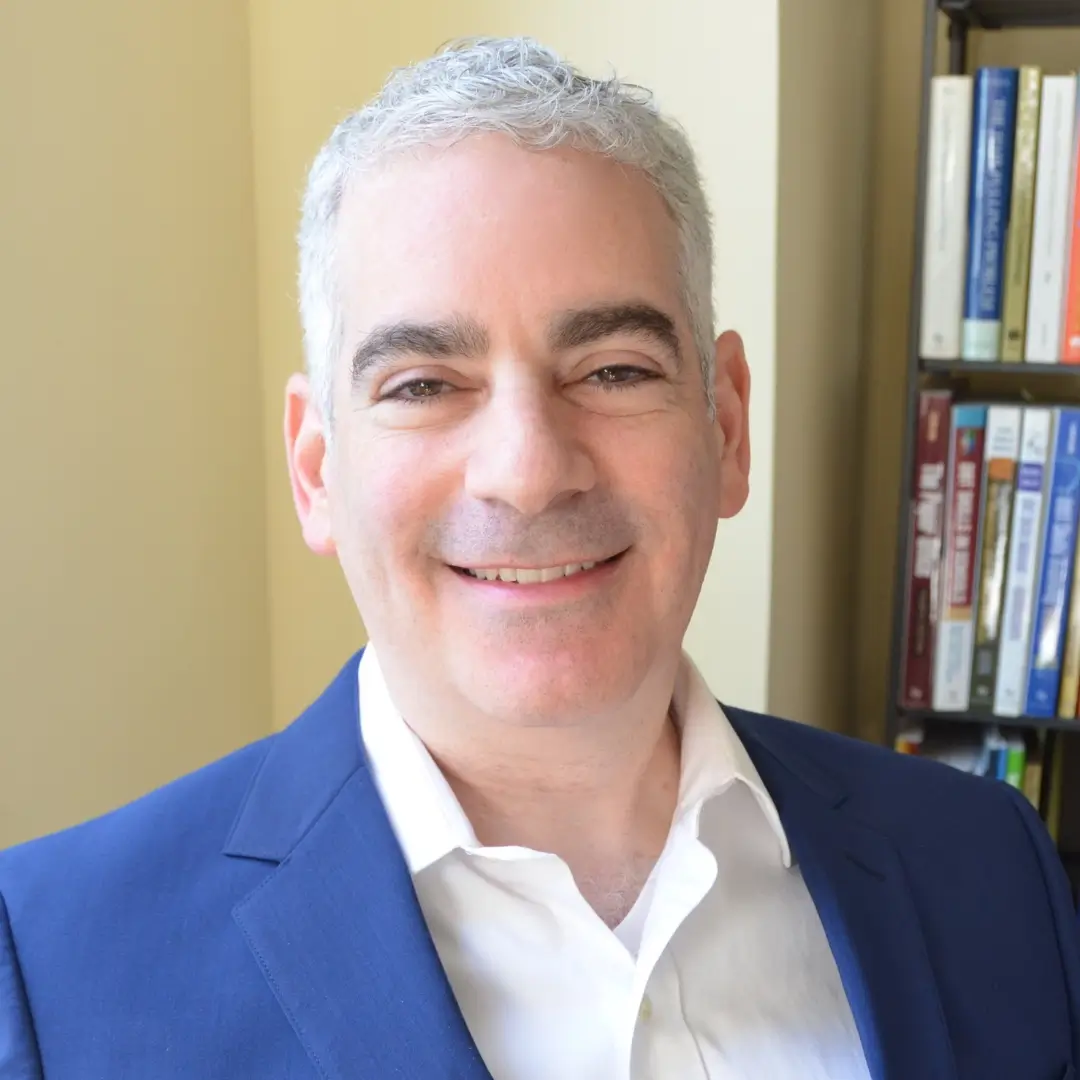If you or a loved one are struggling with depression, there can be several causes. The variety can be surprising.
There is not one simple cause for depression. Many other conditions have a clear cause. For example, genetic factors cause autism and viruses cause colds. The causes of depression are much more complex.
Research shows that several factors make some people more vulnerable to depression than others. Relevant factors include genetics, childhood experiences, as well as the meaning we ascribe to life events or circumstances. Many people assume the life circumstances or events themselves cause depression. However, it is far more likely that the way we think about those things causes us to cope well or to become depressed.
Consider the example of a breakup of a romantic relationship. Breakups can be painful — among the most emotionally painful experiences we have. If your tendency is to think about breakups as proof of your unworthiness as a romantic partner, you are likely to become depressed. On the other hand, if you are someone who tends to expect positive things in life, you might anticipate that you’ll be better off after a breakup.
Schemas
One aspect of how you think that can lead to or worsen depression is the way you see yourself. If think of yourself as someone who is annoying, hard to like, or burdensome to others, you will be more vulnerable to depression. Beliefs like these, when considered as a group, are called schemas. We all have schemas — schemas are not inherently unhealthy. However, if they portray overly critical or negative views about yourself, they can cause depression. One school of thought contends that if schemas paint a picture of you as helpless, unlovable, or incompetent, then you are especially vulnerable to depression and anxiety.
Negative schemas are typically not something we’re born with, although that is difficult to prove scientifically. Schemas take shape via a combination of inborn factors and learned experiences. These experiences can happen in childhood or adulthood. For example, if a college student starts to have a lot of success in school that she didn’t have before, she may start to see herself as smarter and more capable than in the past.
Is Depression Caused by a Chemical Imbalance?
At points in the 1980s and 1990s, it became popular to speak about depression as caused by a “chemical imbalance.” There were two reasons for this:
- Scientists at that time were learning more about the role of neurotransmitters (naturally occurring chemicals in the brain) in depression.
- It is destigmatizing to think about depression as caused by factors beyond the control of the depressed person — it removes any blame.
The success of Prozac in the early 1990s further supported this understanding of depression. Medications like Prozac, Zoloft, and other SSRIs can improve symptoms of depression by affecting neurotransmitter function in the brain.
However, depression is not usually as simple as the phrase “chemical imbalance” might suggest. Depression can be caused by unhealthy thinking patterns, by neurotransmitter dysfunction, other disorders, medical conditions, sociocultural issues, environmental issues, or any combination of the above.
Sometimes the cause of depression is quickly clear to a treating professional despite being a mystery to the depressed person. The cause? Another disorder. Read on to learn how this can happen.
Can Life Changes Cause Depression?
Some changes in life have a major emotional impact on us. Losing a loved one, losing a job, and retirement are just a few examples of life transitions that can affect us emotionally. It’s only natural to experience some symptoms of depression following the death of a close family member or friend.
However, changes in life such as losing a job or moving to a new place don’t cause depression. For some people changes like these won’t cause any depression — it depends on the situation, the severity of the change, and the person’s schemas, as described above. It’s more accurate to say that a life change triggered an episode of depression (just as going to college can trigger weight gain but doesn’t cause it).
Mental Health Conditions That Can Cause Depression
Agoraphobia
A 2014 clinical research study suggests that approximately 10% of people with major depressive disorder have or have had agoraphobia in the past. For any of us to avoid depression, we need to engage in regular mood and health-maintaining activities. Agoraphobia strips people of the ability to be as active as they were and often prevents them from seeing friends, going to parties, concerts, or restaurants. It’s easy to see why this would leave someone vulnerable to depression.
Obsessive-compulsive disorder (OCD)
OCD is actually a quite varied condition that can cause depression in multiple ways. For example, many people with OCD spend significant amounts of time ruminating about the topic of their obsessions. This becomes unhealthy, unpleasant, and time-consuming for them. These effects of rumination can lead to depression.
Another way that OCD can cause depression involves compulsions. For example, if someone with OCD needs to touch something 16 times before leaving a room, this can lead to frustration and embarrassment. Over time these difficulties can lead to depression.
Post-traumatic stress disorder (PTSD)
Depression has long been associated with PTSD. Until 2013, PTSD was thought of as causing depression. However, with the introduction of the fifth edition of the DSM (the widely used text used by mental health professionals to diagnose mental disorders) in 2013, we now understand depression is a part of PTSD. Not everyone with PTSD experiences depression, but around half of those with PTSD are also depressed.
This close relationship between PTSD and depression means that everyone who has major depressive disorder should also be screened for PTSD. If you are currently dealing with depression, we encourage you to ask your mental health provider about this.
Postpartum hormonal changes
As described above, our bodies’ biochemical functioning can be an important contributor to depression. The hormonal changes that follow childbirth can cause significant depression for mothers. This type of depression can be serious. It is challenging because the mother is often facing new stressors and changes in her life precisely when the hormonal changes are having their greatest impact.
Another factor that makes postpartum depression dangerous is that it can be quite long-lasting. This is a problem if after a few months friends and family assume that a mother should be “fine now” — but often that’s just not true. Postpartum depression can last at least three years for some women. Sadly, such uninformed attitudes from loved ones can worsen the depression.
Substance abuse and addiction
Depression can cause substance abuse. However, substance abuse can also lead to depression. In fact, it’s common for either to cause the other. Often this happens as someone begins to grasp how much their substance use has come to impact, or even define, their life. The process of realizing that your relationship with a substance has become one of dependence can induce hopelessness and depression.
Additionally, substance abuse makes recovery from depression more difficult, leading to further frustration and worsened depressive symptoms.
If you suspect that depression has become a problem for you, regardless of its cause, consider doing a consultation with a mental health professional. There are effective treatments for depression. Medication or cognitive-behavioral therapy are especially helpful.









